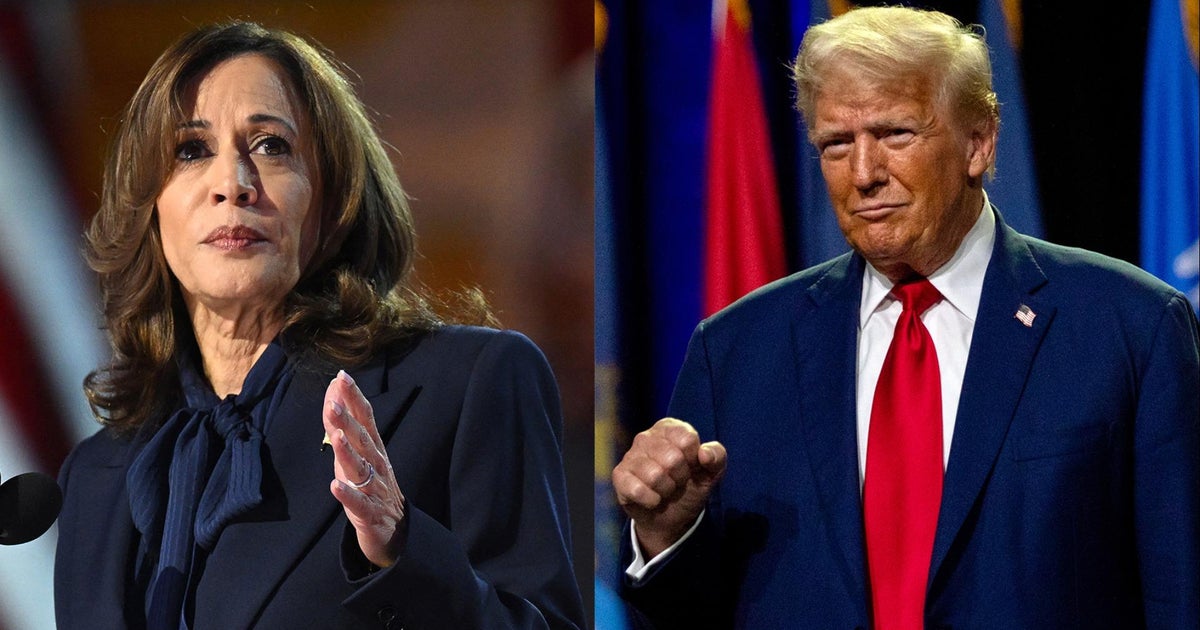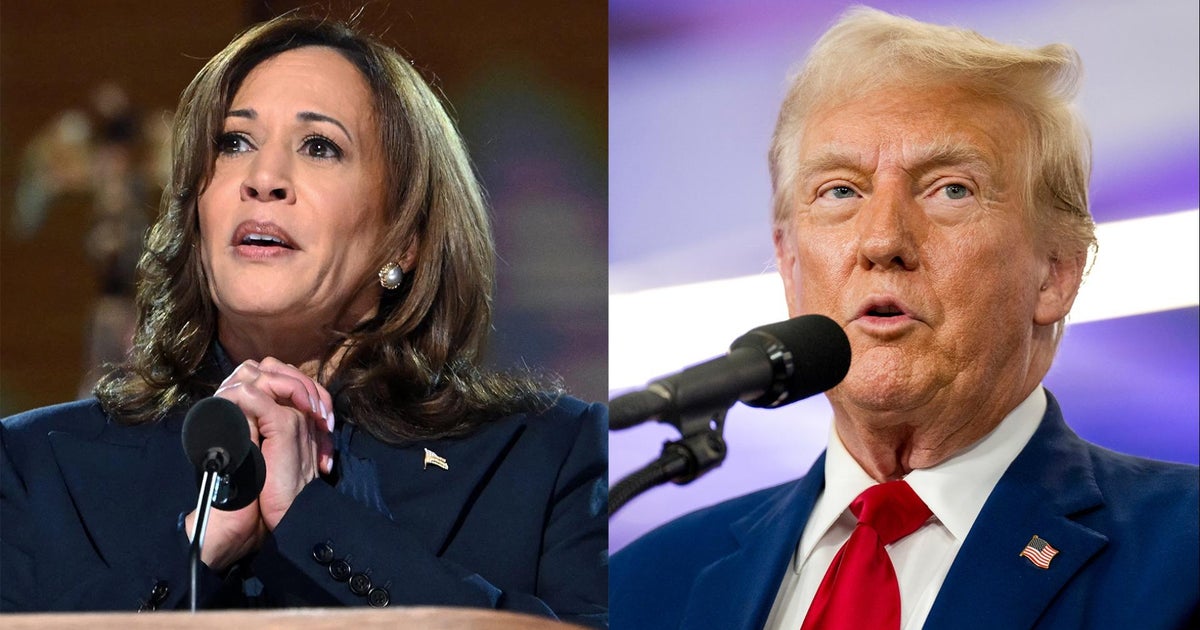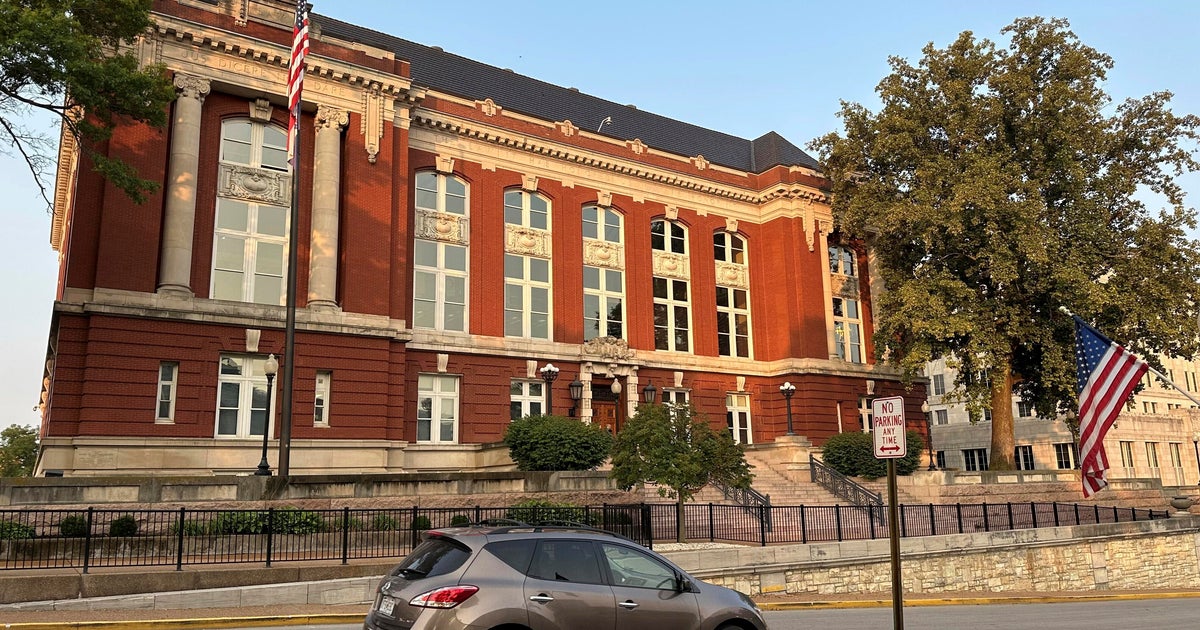Washington — The federal judge overseeing special counsel Jack Smith’s classified documents case against former President Donald Trump denied prosecutors’ request that the court impose a gag order on certain public statements that they argued posed a danger to law enforcement.
In an order issued Tuesday, Florida Judge Aileen Cannon rejected Smith’s motion that she alter Trump’s conditions of pretrial release to prohibit him from making comments “similar” to those he has issued in recent weeks in which Smith alleged Trump “endangered law enforcement officers involved in the investigation and prosecution of this case and threatened the integrity of these proceedings.”
Cannon’s short ruling said she was denying the Justice Department’s motion “without prejudice,” meaning Smith could potentially file another motion. The judge took issue with the special counsel’s handling of the request and wrote that prosecutors did not meaningfully confer with Trump’s defense team before filing the motion, as required by local rules.
The special counsel filed his motion on Friday evening after Trump’s attorneys said they had asked him to hold off so the parties could discuss the matter on Monday. Cannon wrote that prosecutors’ handling of the procedure was “wholly lacking in substance and professional courtesy.”
The move by federal prosecutors to limit Trump’s public comments came after the former president made false claims that FBI agents were “authorized to shoot” him as they executed a court-authorized search warrant at his Mar-a-Lago residence in August 2022. It was during this search that agents recovered over 100 documents with classified markings from the residence as part of the federal probe into the former president’s handling of sensitive government records.
Smith alleged on Friday that Trump had “grossly distorted these standard practices by mischaracterizing them as a plan to kill him, his family, and U.S. Secret Service agents.” His social media posts and campaign emails about the topic, prosecutors wrote, “pose a significant, imminent, and foreseeable danger to the law enforcement agents.”
The special counsel did not detail instances in which threats to law enforcement were tied to Trump’s most recent comments. Instead, he argued the former president’s past speech has posed threats to witnesses and pointed to a 2022 case in which an individual attacked an FBI field office in Ohio.
On Monday, Trump’s team pushed back, writing Smith’s motion was “an extraordinary, unprecedented, and unconstitutional censorship application” that “unjustly targets President Trump’s campaign speech while he is the leading candidate for the presidency.”
The defense attorneys also took issue with how prosecutors went about filing their motion, accusing them of “rushing” to file it on a Friday night in violation of local rules that required them to jointly discuss the matter.
“Under no circumstances can an email exchange initiated at 5:30 p.m. on a Friday evening constitute the type of conferral required by [the rules],” Trump’s attorney wrote, pointing to a string of emails with prosecutors. In those emails, prosecutors countered that Trump’s comment “necessitated a prompt request for relief that could not wait the weekend to file.”
The Trump defense team also asked Cannon to sanction prosecutors for the alleged rule violations.
The judge on Tuesday opted not to sanction Smith’s team, but rejected their requested gag order.
The special counsel’s office declined to comment on the ruling.
The Friday request by the special counsel arose after Trump’s comments about the search at his residence, which followed the recent unsealing of documents from the 2022 Mar-a-Lago search. Those documents included a use-of-force policy for FBI agents prohibiting the use of deadly force, except when agents are in imminent danger. Justice Department prosecutors said the language was “standard and unobjectionable” and argued that “the FBI took extraordinary care to execute the search warrant unobtrusively and without needless confrontation.”
“As planned, the FBI executed the search warrant in a professional and cooperative manner, at a time when Trump and his family were out of the state,” Smith’s team wrote Friday.
In a statement last week, the FBI said, “The FBI followed standard protocol in this search as we do for all search warrants, which includes a standard policy statement limiting the use of deadly force. No one ordered additional steps to be taken and there was no departure from the norm in this matter.”
The special counsel charged Trump with 40 counts in the Southern District of Florida that accused him of illegally retaining national defense information from his time in the White House. He and two aides are also accused of working to obstruct the federal probe.
All three have pleaded not guilty to the charges and denied wrongdoing.
Earlier this month, Cannon delayed the trial proceedings indefinitely as she said the parties had to continue to work through pretrial motions.



